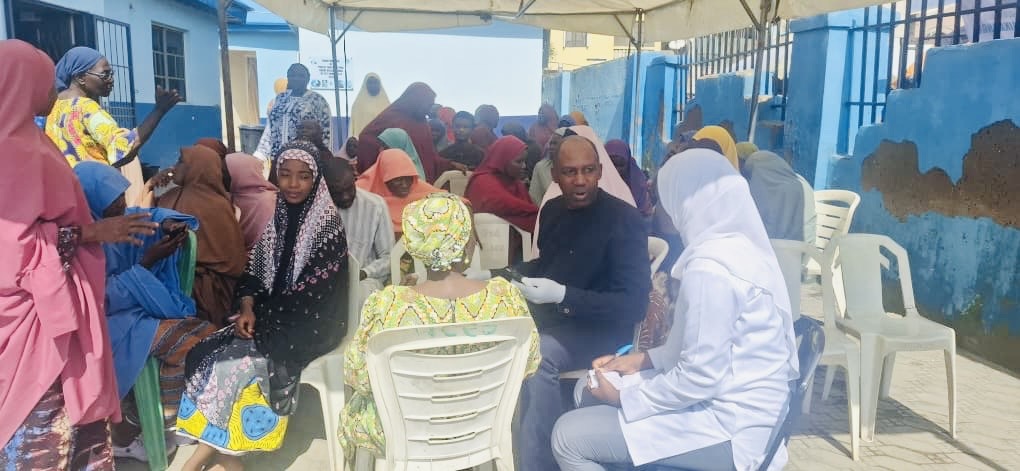AMAC conducts free diabetes, hypertension screening
By Philomina Attah The Abuja Municipal Area Council (AMAC) on Saturday provided free medical screening for diabetes and hypertension to residents at the Garki Village Primary Health Centre, Abuja. Dr Anthony Orji, Chief Medical Officer, Pharma Healthcare Department, AMAC, said the exercise, sponsored by AMAC Chairman, Mr Christopher Maikalangu, wasContinue Reading













